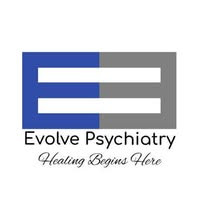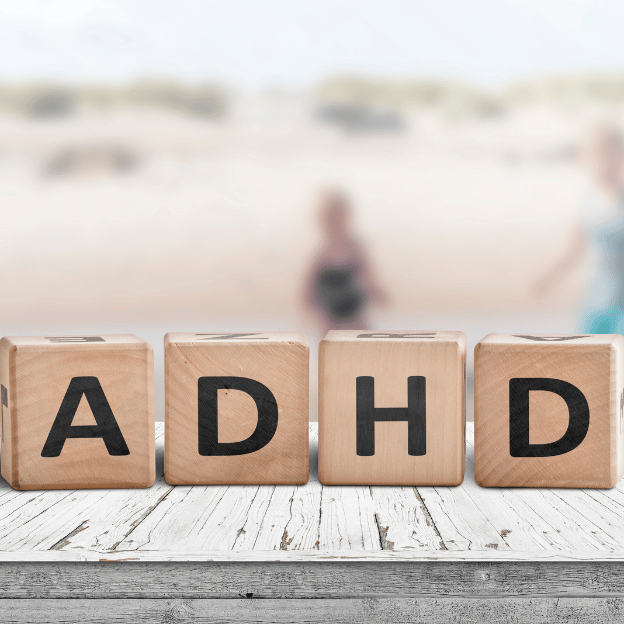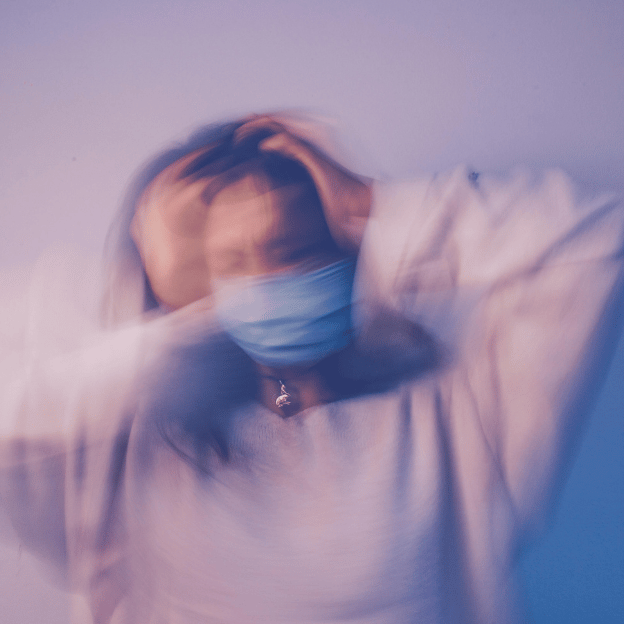Depression vs Burnout: Mental Exhaustion or Something Deeper?

Strong 8k brings an ultra-HD IPTV experience to your living room and your pocket.
In today’s fast-paced world, we all feel drained at some point. Whether it’s due to work pressure, personal struggles, or simply trying to keep up with life — feeling tired, unmotivated, or emotionally worn out can seem like the new normal. But what happens when this exhaustion doesn't go away? Is it just burnout, or could it be something deeper like depression?
Let’s unpack the real difference in the ongoing conversation of Depression vs Burnout, and why recognizing it matters for your mental health.
Understanding Burnout: When the Fuel Runs Out
Burnout is often linked to work stress or constant pressure without proper rest. It’s that moment when your tank is empty, but the demands keep coming.
You might feel:
Constant fatigue, even after a full night’s sleep
Emotionally numb or detached from your work or relationships
A lack of motivation and growing cynicism
Burnout usually builds slowly. Maybe you once loved your job but now dread it. You keep pushing, thinking a weekend break or short vacation will fix it. And for some, it does. But for others, the feeling lingers.
What About Depression?
Depression goes deeper than just being “tired” or “unmotivated.” It’s a mental health condition that affects your thoughts, emotions, and even your physical health.
Some signs include:
Persistent sadness or emptiness
Loss of interest in things you once enjoyed
Feelings of worthlessness, hopelessness, or guilt
Trouble eating, sleeping, or focusing
Where burnout is mostly tied to a specific source — like your job — depression often affects every area of your life. It doesn’t always need a trigger. Sometimes, it just quietly grows until it feels like it’s taken over.
Depression vs Burnout: Why the Difference Matters
At first glance, Depression vs Burnout might seem like two sides of the same coin. They both leave you drained, unhappy, and disconnected. But knowing the difference can change everything.
Burnout is often a response to external stress. You may recover by making lifestyle changes: stepping away from toxic environments, setting boundaries, or finding better work-life balance.
Depression, on the other hand, may need deeper intervention — therapy, support groups, or medical treatment. Ignoring it or treating it like "just stress" can lead to worsening symptoms over time.
Here’s a simple way to look at it:
Burnout says, “I’ve had enough.”
Depression says, “Nothing matters.”
Understanding this difference is key. Because while both can co-exist, they need different kinds of care.
How to Tell the Difference: Ask Yourself
If you’re unsure whether you're facing burnout or something deeper, ask yourself:
Is it linked to one part of your life (like work)? → Might be burnout.
Do you feel this way even during vacations or weekends? → Could be depression.
Are you feeling hopeless or worthless? → More likely depression.
Do you feel better when you rest or take breaks? → That’s a sign it may just be burnout.
This isn't a diagnostic tool, but it’s a starting point for reflection.
What Should You Do Next?
Whether it’s burnout or depression, the worst thing you can do is ignore it. Mental health deserves just as much attention as physical health. And you don’t have to face it alone.
This is where Evolve Psychiatry steps in.
If you’re caught in the “Depression vs Burnout” maze and don’t know which way to turn, the professionals at Evolve Psychiatry can help you figure it out. They don’t just treat symptoms — they listen, understand, and work with you to create a personalized plan for healing.
You deserve a safe space to talk about what’s going on. You deserve clarity. You deserve to feel like you again.
Real Stories, Real People
Sarah, a 32-year-old graphic designer, thought she was just burned out. Long nights, tight deadlines, and constant emails had left her feeling empty. But even after switching jobs and taking a break, nothing improved. That’s when she reached out to Evolve Psychiatry. After working with a mental health expert, she realized she was battling depression. With therapy and support, she began to find herself again.
Stories like Sarah’s are more common than you think — and they prove that asking for help isn’t weakness. It’s a powerful first step.
Take Action Before It Gets Worse
If you're constantly asking yourself if what you feel is normal, it's time to check in. You don’t need to wait until everything falls apart.
Take that break.
Talk to someone you trust.
Seek support from professionals who care.
Mental exhaustion isn't something to push through. And the choice between Depression vs Burnout isn't a battle you need to fight alone.
Final Thoughts
Your mental health matters — and distinguishing Depression vs Burnout could be the turning point. Whether you're emotionally drained from constant demands or feeling lost without reason, there’s a path to healing.
Let Evolve Psychiatry help you find that path. You’re not broken. You’re human. And every human deserves a chance to feel whole again.
Note: IndiBlogHub features both user-submitted and editorial content. We do not verify third-party contributions. Read our Disclaimer and Privacy Policyfor details.







